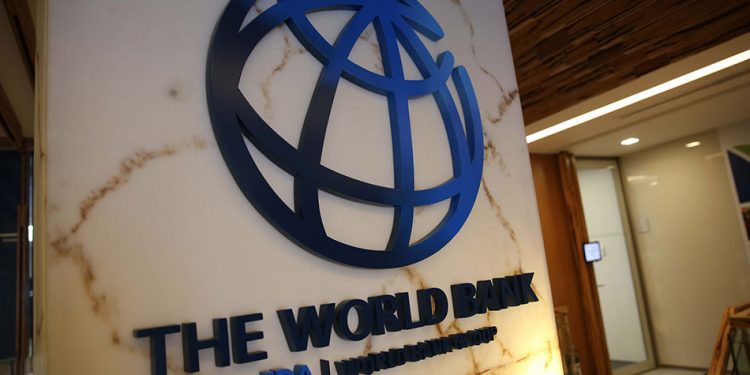Ghana’s fiscal deficit including financial- and energy-sector costs is expected to average 7.6% of Gross Domestic Product between 2021 and 2023, the World Bank’s Economic Outlook report has revealed.
This indicates that the fiscal deficit (that is revenue minus expenditure) will narrow between now and 2023.
It also sends a positive signal that the fiscal economy will improve going forward and as such the present situation is not scary.
Government has forecast a fiscal deficit of GDP of 9.5% this year, from a deficit of 11.7% at the end of 2020.
The high fiscal deficit as a result of largely the covid-19 pandemic compelled government to introduce new indirect taxes such as financial sector levy, sanitation levy and gaming levy.
“The fiscal deficit is expected to narrow to a pre-crisis level of around 5% of GDP by 2023. The annual cost of the government’s measures to improve the financial sector averaged 2.3% of GDP between 2018 and 2020. Since the financial-sector reforms are expected to be completed in 2020, no further costs are expected in 2021, creating immediate fiscal space”, the report said.
It added: “reflecting the government’s commitment to pursue energy-sector reforms throughout the crisis period, the fiscal framework also includes an allocation of about 1.0% of GDP each year over the medium term to close the financing gap in the energy sector during the implementation of the Energy Sector Recovery Programme (ESRP)”.
Risks to the fiscal economy still persists
In addition to pandemic-induced macroeconomic risks, the report said fiscal slippages, the debt of state-owned enterprises in the energy sector, and rollover risks continue to pose a risk to the Ghanaian economy.
First, the largest risk, by far, is a prolonged covid-19 crisis scenario, both in Ghana and globally, with persistent low oil prices and subdued economic activity.
Secondly, rollover risks surrounding Ghana’s public debt—especially Eurobonds and short-term domestic debt—are substantial, as investor confidence toward emerging economies has dwindled.
Thirdly, the risks of fiscal slippage, related to both the upcoming elections in 2020 and the contingent liabilities in the energy sector, are considerable.
The report further said Ghana’s history shows that fiscal deficits are wider by an average of 1.5 percentage points of GDP during an election year.
Moreover, energy-sector liabilities in excess of the fiscal provisions for the implementation of the ESRP could further exacerbate fiscal pressures.
Finally, it said financial-sector vulnerabilities will likely persist over the medium term, requiring a need for deliberate policies to mitigate the economic impact of the covid-19 crisis, protecting livelihoods, and supporting the economic recovery over the medium term.




